The National Institute of Environmental Health Sciences (NIEHS) leads or participates in key initiatives that address people’s needs and concerns related to the environment and their health. To accelerate research-based solutions to address emerging problems, NIEHS supports multi-disciplinary science within the institute, across the NIH, and with experts in other government agencies, universities, and international organizations.
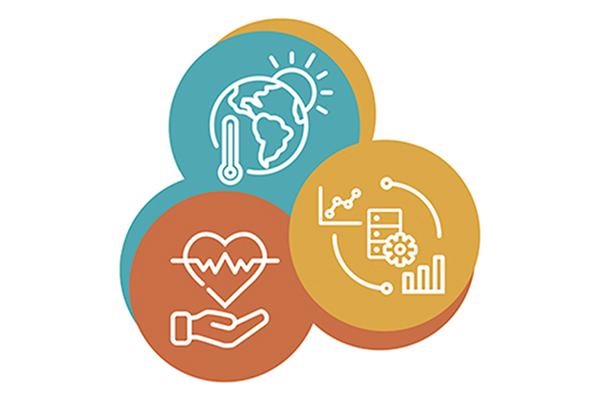
Connecting Health Outcomes Research and Data Systems (CHORDS)
Facilitating the linkage of environmental and health data to advance patient-centered outcomes research.
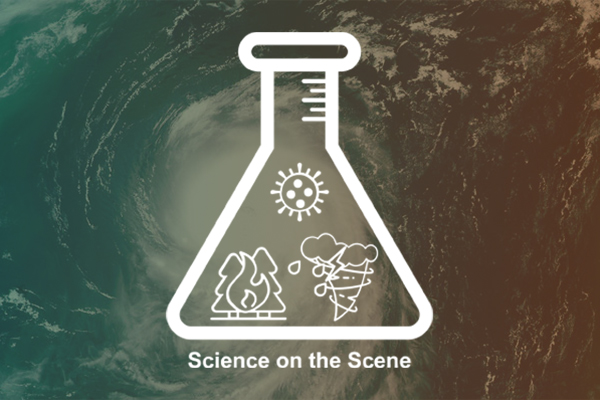
Disaster Research Response (DR2) Program
The DR2 Program provides training, funding, and a Resources Portal of tools to empower human health research in response to disasters and public health emergencies.
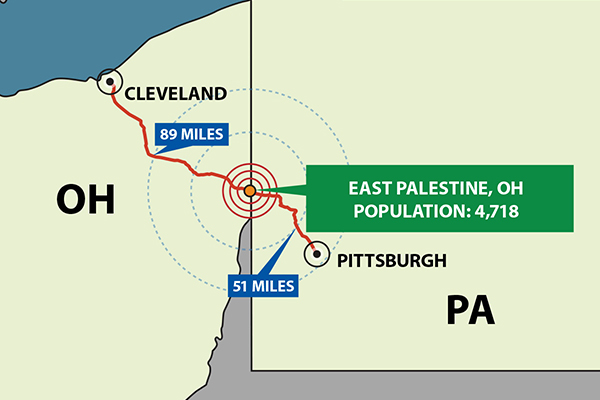
East Palestine (Ohio) Train Derailment Research Response
After a train derailment in East Palestine, Ohio in 2023, NIEHS has been part of a coordinated response to support the communities in Ohio and Pennsylvania, including identifying research needs and funding new grants.

Environmental Health Language Collaborative
The Collaborative is a new initiative to advance community development and application of a harmonized language for describing Environmental Health Science (EHS) research.

Global Environmental Health
NIEHS identifies Global Environmental Health (GEH) as a part of its strategic themes, recognizing that because environmental health problems cross national boundaries, conducting studies around the world benefits not just those in areas being studied, but all people who suffer from the same or related environmental health problems.

NIH Program on Health and Extreme Weather
The National Institutes of Health (NIH) Program on Health and Extreme Weather (HEW) aims to better understand the direct and indirect impacts of extreme weather on the health of communities across America.
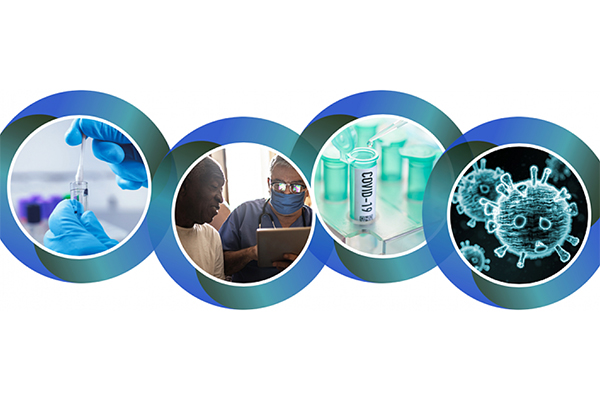
NIH RADx Efforts at NIEHS
NIH launched in 2020 the Rapid Acceleration of Diagnostics (RADxSM) initiative, a national call for scientists and organizations to speed innovation in the development, commercialization, and implementation of testing technologies related to COVID-19.

PFAS Research
NIEHS is supporting an aggressive program of research on human exposure to per- and poly-fluoroalkyl substances (PFAS) chemicals and the potential for PFAS exposure to cause harm to children’s cognitive and neurobehavioral development, immune system dysfunction, endocrine disruption, obesity, diabetes, lipid metabolism, and certain cancers.

President's Task Force on Environmental Health Risks and Safety Risks to Children
The President’s Task Force on Environmental Health Risks and Safety Risks to Children is the focal point for coordinating federal government efforts to explore, understand, and act together to improve children's safety and environmental health.

Tox21
Tox21 is a federal consortium that generates data on pharmaceuticals and environmental chemicals to address key challenges in advancing toxicology testing in the 21st century.
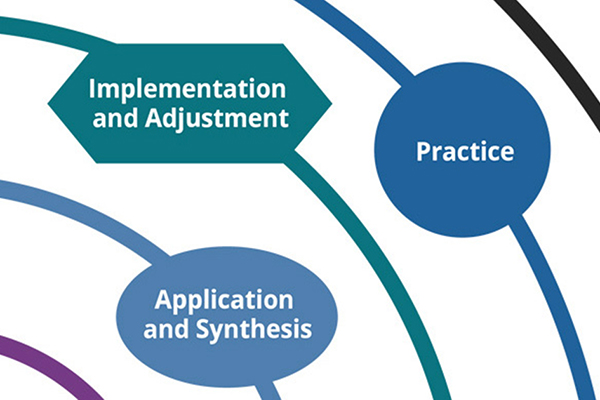
Translational Research at NIEHS
NIEHS encourages the translation of environmental health research into concrete strategies that protect and improve human health.

Women's Health Awareness
The Women’s Health Awareness (WHA) Community Engagement Program is an innovative environmental health research, public health practice and advocacy initiative.
Funding Opportunities
Some initiatives on this page may include research funding opportunities, which you can learn about here.


